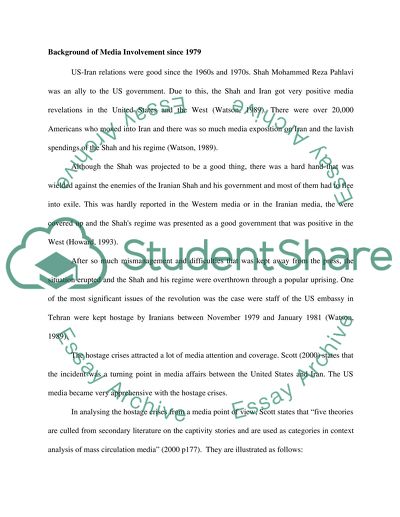Cite this document
(“The Media War; Iran, America & Israel Literature review”, n.d.)
Retrieved from https://studentshare.org/journalism-communication/1606966-the-media-war-iran-america-israel
Retrieved from https://studentshare.org/journalism-communication/1606966-the-media-war-iran-america-israel
(The Media War; Iran, America & Israel Literature Review)
https://studentshare.org/journalism-communication/1606966-the-media-war-iran-america-israel.
https://studentshare.org/journalism-communication/1606966-the-media-war-iran-america-israel.
“The Media War; Iran, America & Israel Literature Review”, n.d. https://studentshare.org/journalism-communication/1606966-the-media-war-iran-america-israel.


